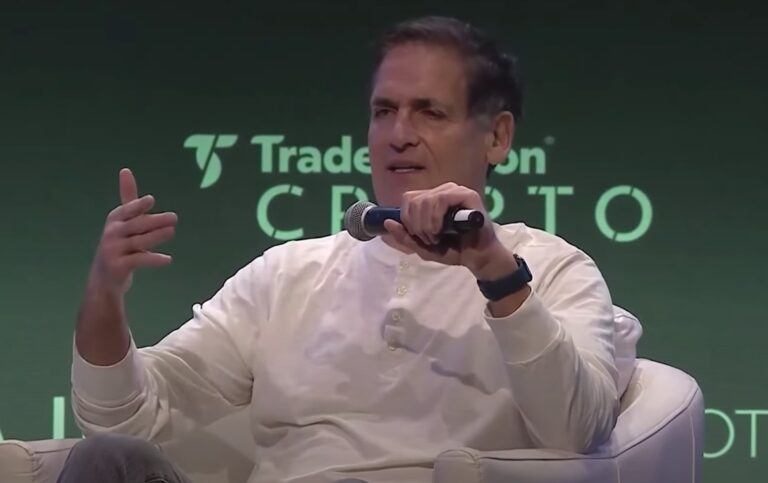In a recent interview, billionaire investor and entrepreneur Mark Cuban shared his thoughts about the crypto industry.
Cuban is the majority owner of the professional basketball team Dallas Mavericks, as well as one of the “sharks” on the highly popular reality show “Shark Tank” (which is aired on the ABC television network).
Cuban’s comments were made during an interview with Forbes that was released on September 26.
According to a report by The Daily Hodl published yesterday, Cuban said the current state of the crypto space is kind of like the state of streaming services in the 90s:
“With crypto, it’s very analogous to that. We’re in the early ‘hassle’ phases. Now the very earliest of crypto – however you want to decide the beginning, with Bitcoin or whatever – has been around 12 years. But in terms of applications with smart contracts, that’s only 2017 for the most part. And so we’re really only five years in.
“So I’m still really bullish on crypto. We had some early wins, just like streaming audio with sports and news. Now with crypto you have DeFi (decentralized finance), and you have money transfer and some other applications, but you haven’t had any mainstream applications where your mom says, ‘Okay, we’ve got to get a wallet because I have to do A, B or C.’ It’s been DeFi, NFTs (non-fungible tokens) and money transfer. And so it’s kind of boring right now. We’re waiting for that next round of applications, and there’s a lot of people working on them.“
According to a report by The Daily Hodl published on October 2, Cuban had this to say about the use of NFTs in the book publishing industry:
“NFTs as books, I think particularly for textbooks. Now, whether or not we can get the college textbook publishers to go along is another issue but the idea of kids buying books for classes… The whole process of buying books.
“First, do you want new or used? Then, you lug these books back, then at the end of the semester – because they’re only good for the time you’re in the class – you make the decision, ‘Yeah I’m going to sell it. How do I sell it? Do I ship it off? Do I take it to the bookstore?’ It’s just a pain in the ass and in a digital world, it’s ridiculous.
“With those as NFTs, well the NFTs allow you to apply royalties so that when that book is resold, the author and the publisher and whoever else is involved can get a set royalty fee. That means that the publishers who created the book can keep on getting paid, whereas when there’s a physical book that’s sold and resold they have to hope that book falls apart, so that they can sell a new one. So I think that’s a great application.“









